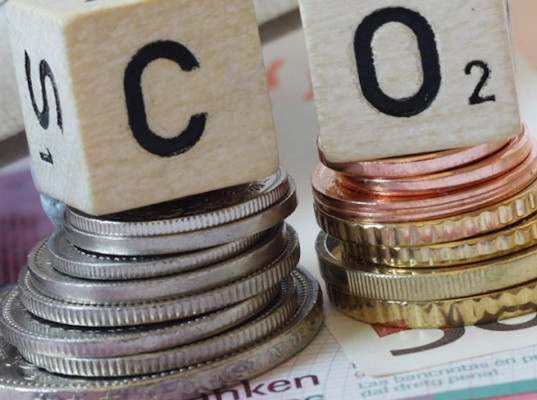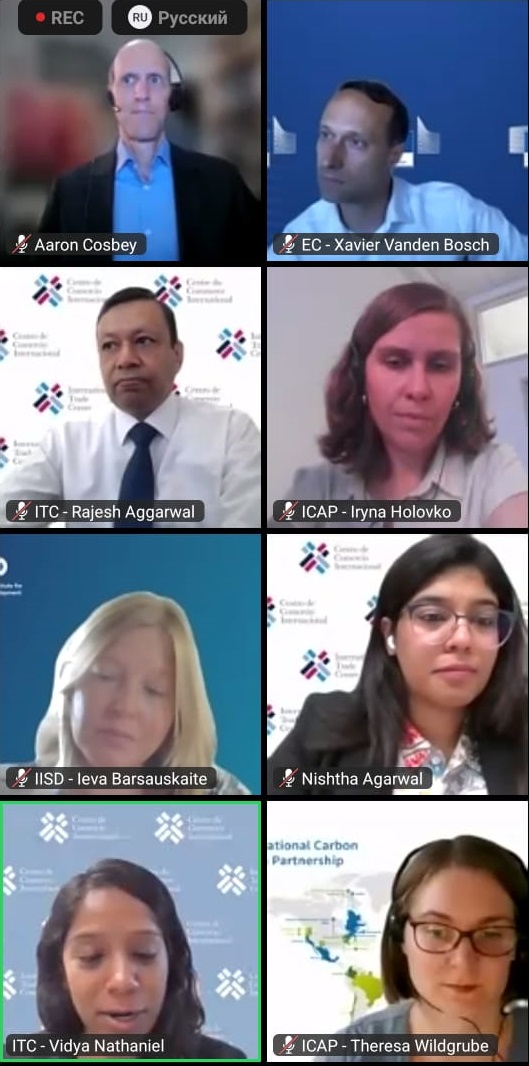
The readiness of Central Asian countries for low-carbon trade was discussed by leading experts and business community representatives in an online training organized by the International Trade Center and its institutional partner in Central Asia – QazTrade.
Webinar participants were introduced with the European Union Agreement on Border Carbon Adjustment Mechanism (BCAM) and also discussed related events in other jurisdictions. Experts conducted an analysis of the potential impact of BCAM on trade from Central Asia and presented trade and investment policy tools that can be used by the region’s countries to comply with BCAM requirements and prepare for the transition to low-carbon trade.
“The discussion of this topic is strategically important for both Central Asian countries as a whole and for Kazakhstan producers. The transition to low-carbon trade and compliance with international climate norms and standards are becoming increasingly relevant in today’s global business. Training and similar events contribute to raising awareness and strengthening Central Asia’s position in global markets,” said Ainur Amirbekova, a PhD in Economics and the Head of QazTrade Academy.

In May 2023, the European Union published the final text of the Border Carbon Adjustment Mechanism (BCAM) regulation, which has significant regulatory implications for the trade sector. The new mechanism will officially come into force on 1 October 2023, with a two-year transitional period until 31 December 2025.
As explained by Ainur Amirbekova, this regulation requires importers to obtain BCAM certificates from 1 January 2026, which is likely to result in additional costs.
BCAM covers a range of key products, including cement, fertilizers, iron and steel, aluminum, hydrogen, and electricity. In the past year, Kazakhstan exported goods falling under BCAM regulation to the EU countries amounting to $388.2 million. However, in the first five months of 2023, exports in this category decreased to $72.3 million.
According to experts, the regulation aims to reduce greenhouse gas emissions and promote low-carbon technologies in production.
“The new rules for low-carbon trade call on Kazakhstan producers to adapt and adjust to the regulatory requirements associated with BCAM. Therefore, the business community of Kazakhstan needs to prepare for these changes,” summarized the Head of the QazTrade Academy Portal.
It is worth mentioning that the educational platform for exporters, QazTrade Academy (www.qaztradeacademy.kz), contains educational materials on topics related to border carbon taxes and the transition to a green economy.
The Ready4Trade Central Asia project is financed by the European Union and implemented by the International Trade Center.





